01:50
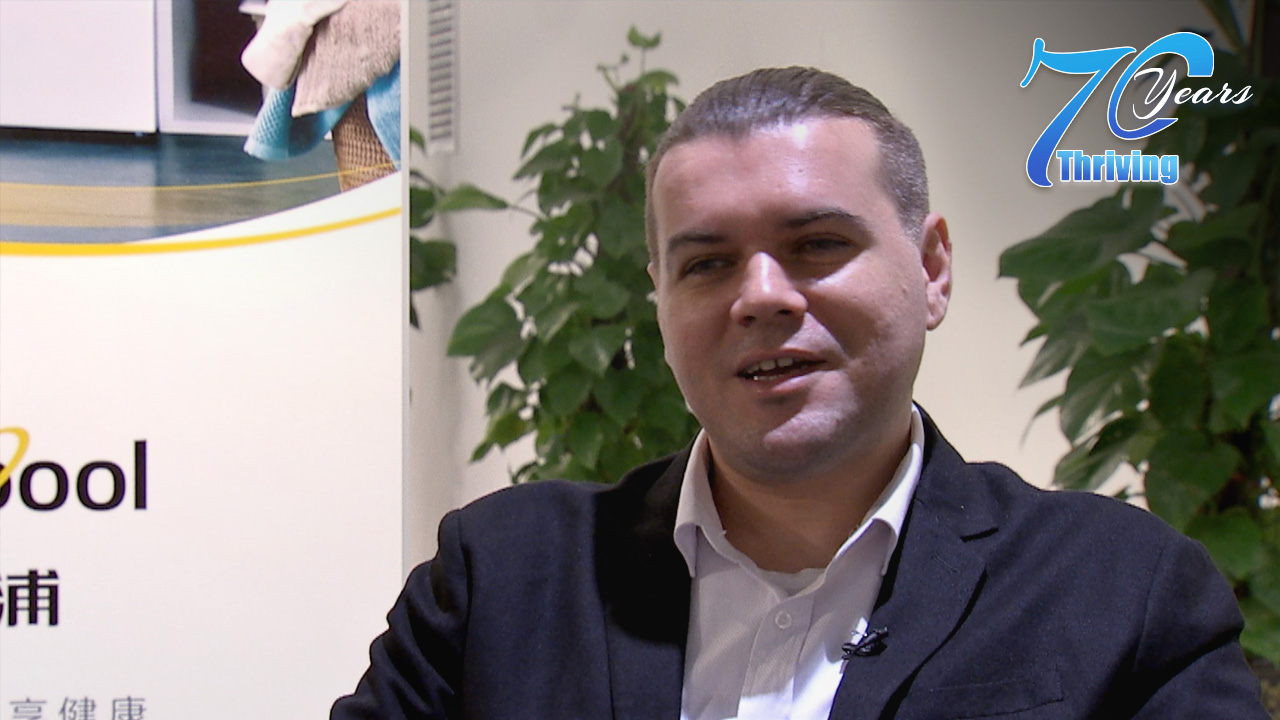
The fast development in Hefei, capital of east China's Anhui Province, has been named one of the main reasons that foreigners come to work in the city by Guilherme Pacher, a project manager at Whirlpool Corporation (China).
"I believe probably one of the main reasons for the foreigners to be so attracted by Hefei is because of the fast development, the growth," Guilherme told CGTN at the headquarters of Whirlpool China in Hefei.
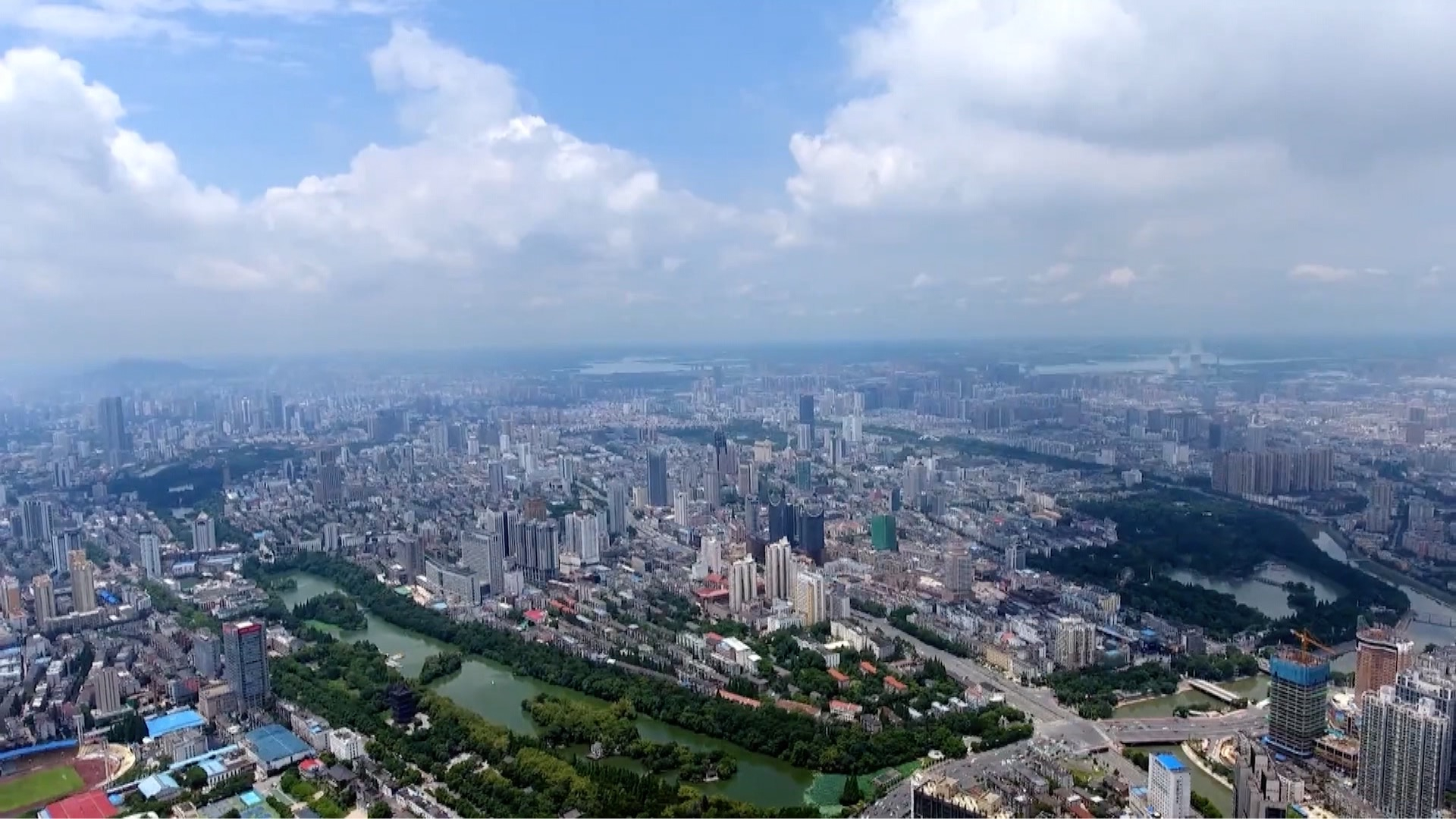
A bird's eye view of Hefei, east China's Anhui Province. /CCTV video screenshot
A bird's eye view of Hefei, east China's Anhui Province. /CCTV video screenshot
With its GDP registering a staggering increase of 73.2 percent from 416.4 billion yuan (60 billion U.S. dollars) in 2012 to 721.3 billion (104 billion U.S. dollars) in 2017, Hefei is considered one of the fastest growing cities in China, according to reports by China Briefing magazine from Hong Kong-based consultancy Dezan Shira & Associates.
He added that an array of sprouting leading industries including the nuclear energy industry which has “put China in the edge of the development of the nuclear technology in the world,” as well as the semi-conductor and home appliance industry, are part of the driving forces behind the city's booming economic growth.

Guilherme Pacher works in front of his desk at Whirlpool China in Hefei. /CGTN Photo
Guilherme Pacher works in front of his desk at Whirlpool China in Hefei. /CGTN Photo
Guilherme, who comes from Brazil and studied in Italy, with years of international work experience in multiple cities in Asia including Gurgaon of India and Suzhou in east China's Jiangsu Province, also spoke of the fascinating natural environment that attracted him to the inland city.

A park in Hefei. /VCG Photo
A park in Hefei. /VCG Photo
"I came here three years and a half ago. I didn't know much about Hefei at that time. But I searched online, and I saw the beautiful lakes, the mountains," he said, citing the Dashu Mountain National Forest Park as an example. "The city is beautiful. There are many things to do here," he further observed.

Guilherme has lunch with his Chinese colleagues at Whirlpool China in Hefei. /CGTN Photo
Guilherme has lunch with his Chinese colleagues at Whirlpool China in Hefei. /CGTN Photo
Guilherme is just one of the thousands of international staff who find Hefei attractive to work and live in.
According to results from the "Amazing China 2018" poll released on April 14 at the Shenzhen Forum for the 17th Conference on International Exchange of Professionals, the city has beat dozens of China's first-tier cities and economic front runners like Shenzhen and Guangzhou to be listed as the third most attractive Chinese city for expats for the second consecutive year just behind Shanghai and Beijing.
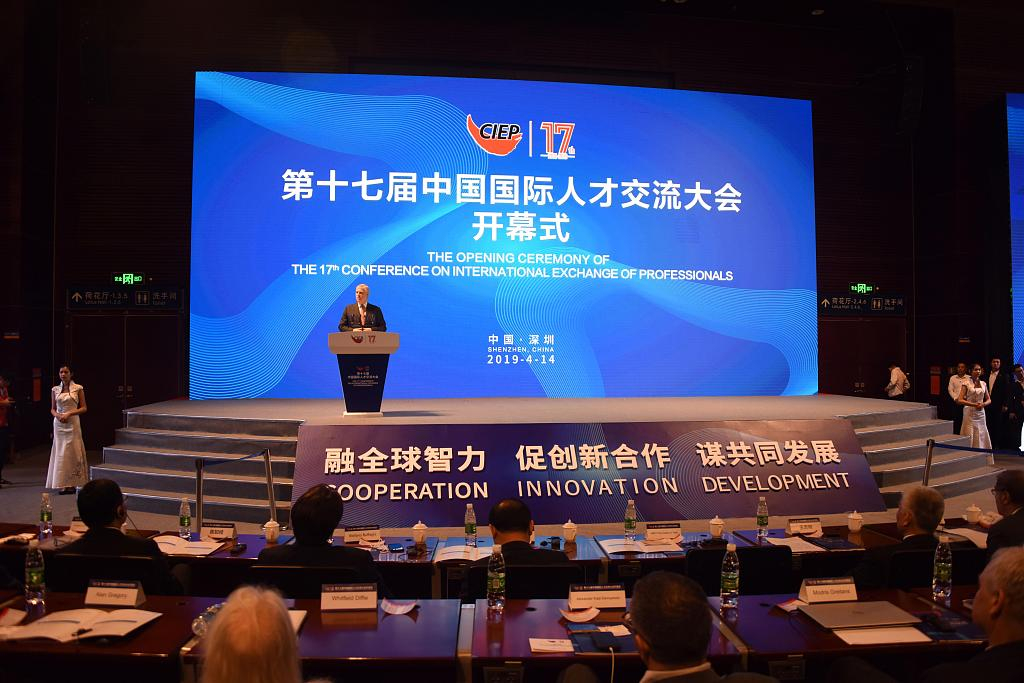
The opening ceremony of the 17th Conference on International Exchange of Professionals in Shenzhen, south China's Guangdong Province, on April 14. /VCG Photo
The opening ceremony of the 17th Conference on International Exchange of Professionals in Shenzhen, south China's Guangdong Province, on April 14. /VCG Photo
The annual survey, which is in its ninth year since first conducted in 2010, was based on more than 230 votes from foreign experts including Nobel Prize winners, Turing Award winners and winners of the Friendship Award set up by the Chinese government, some 2,800 votes from other foreign professionals as well as over 94,000 online votes from foreign Internet users, Xinhua reported.
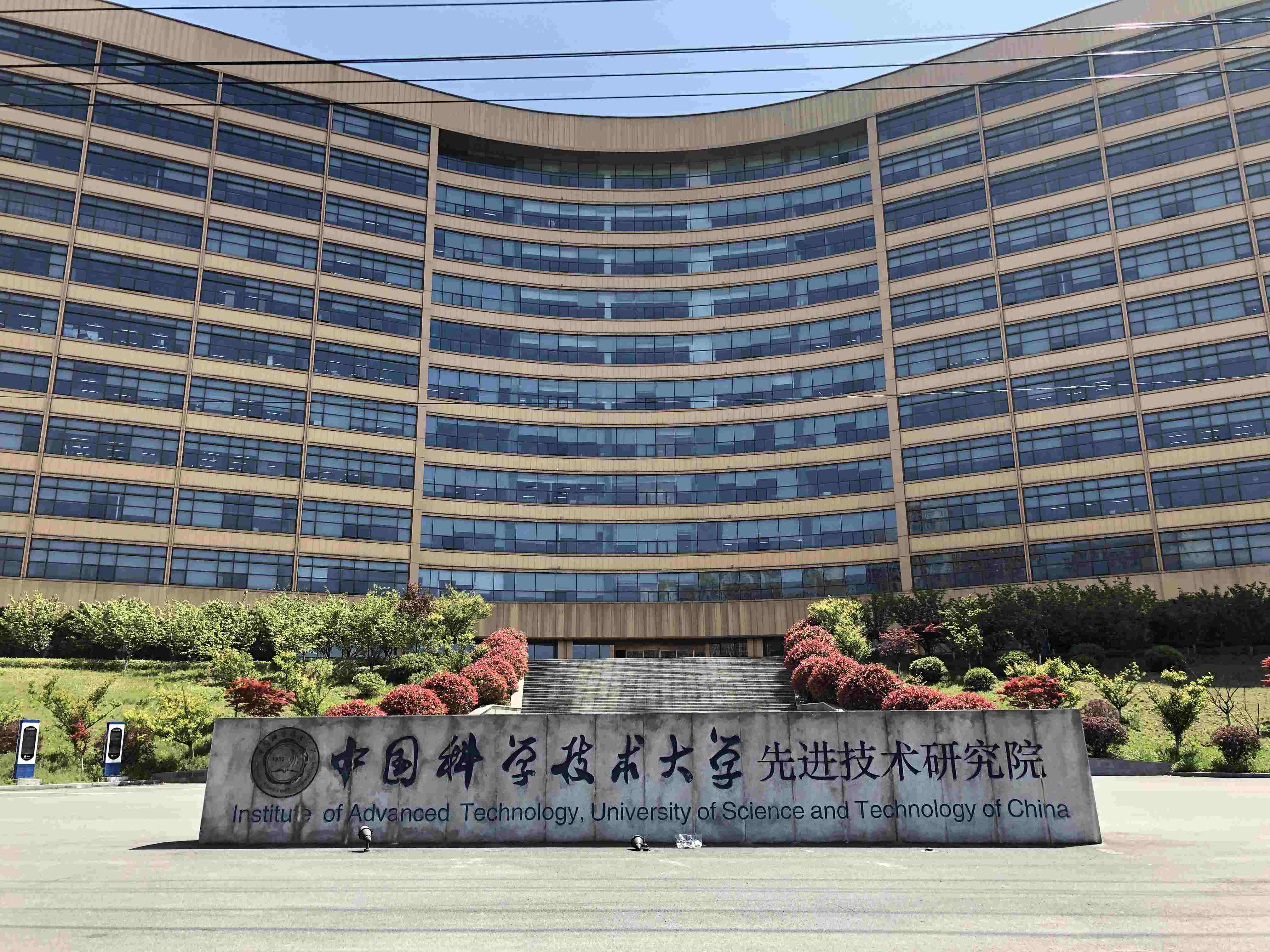
The Institute of Advanced Technology, University of Science and Technology of China in Hefei. /CGTN Photo
The Institute of Advanced Technology, University of Science and Technology of China in Hefei. /CGTN Photo
Home to a number of top-notch universities including the University of Science and Technology of China and more than 1,000 research and development (R&D) institutions including Hefei Institutes of Physical Science under the Chinese Academy of Sciences, the city also boasts the National High-Tech Industry Development Zone, a cluster of emerging start-ups, world-leading high-tech giants like the Artificial Intelligence (AI) company iFLYTEK, Chinese pioneer and leader in commercialized quantum information technology (QIT) QuantumCTek, as well as international conglomerates such as renowned home appliance brand Whirlpool.
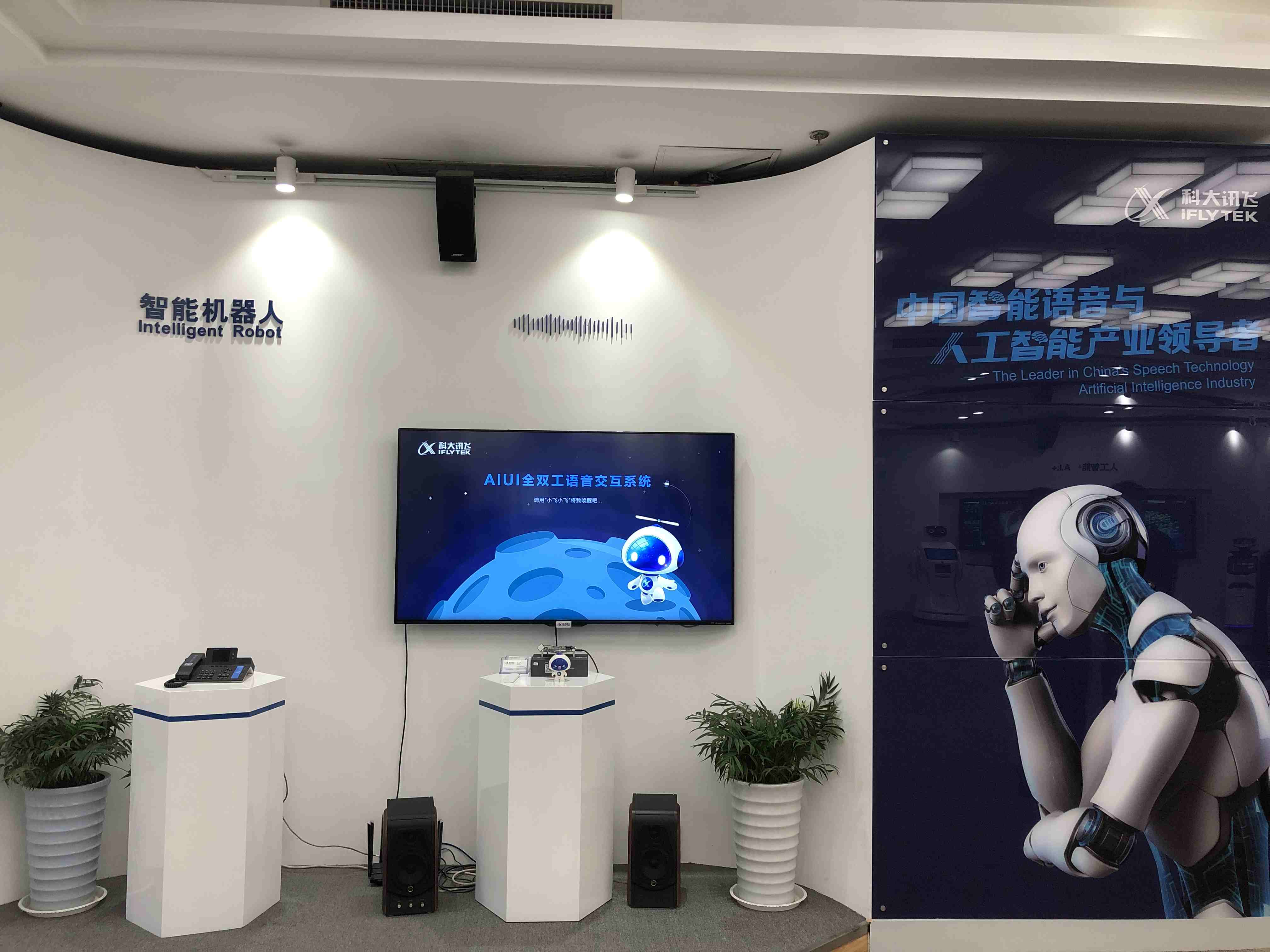
The headquarters of China's Artificial Intelligence (AI) company iFLYTEK in Hefei. /CGTN Photo
The headquarters of China's Artificial Intelligence (AI) company iFLYTEK in Hefei. /CGTN Photo
Helping establish Hefei as a domestic pacesetter in scientific and technological innovation, the research institutes, leading industries and burgeoning enterprises are also bringing more and more competitive workers home and abroad to the city.
Moreover, a growing number of high-end foreign professionals have also been attracted thanks to government support, which comes in various forms from the introduction of preferential policies to the improved infrastructure and service.
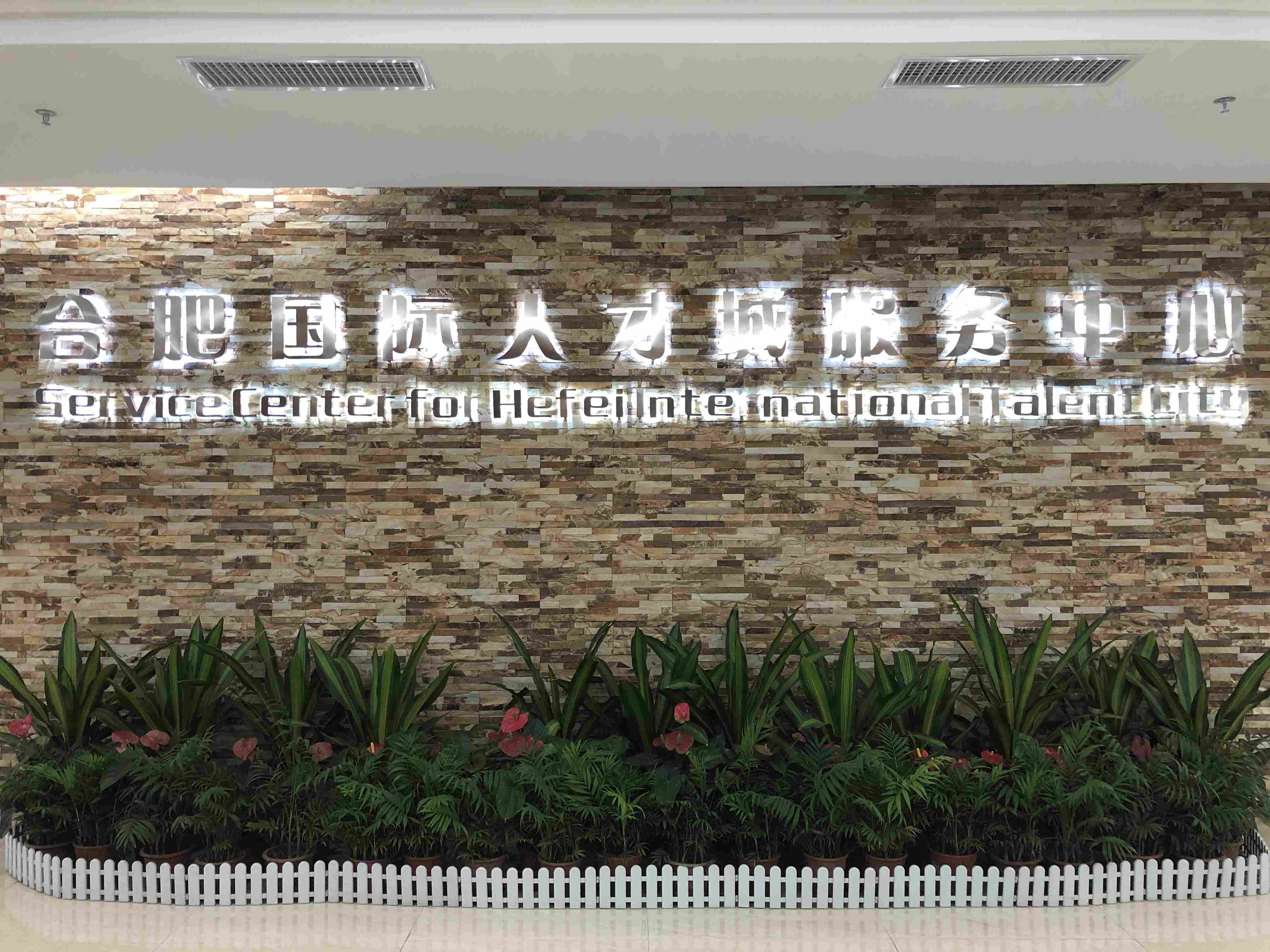
Service Center at Hefei International Talent City. /CGTN Photo
Service Center at Hefei International Talent City. /CGTN Photo
According to Chinanews and China Daily, as of February 2018, 90 percent of the confirmation letters granted by Anhui government for expats talents to apply visa with 5-10 years of validity and multiple entries, 180 days for a single trip in China, went to high-level overseas academics and experts in Hefei, under the latest foreign talent visa policy the province adopted since January 1.
Last August, Hefei rolled out "Opinions on Implementing the Development of Hefei National Overseas Talent Offshore Innovation and Start-up Bases," which aims at developing the city into "an overseas innovation resources agglomeration center and overseas talent innovation and start-up demonstration base with international influence and competitiveness" by the year of 2020, according to a government release.
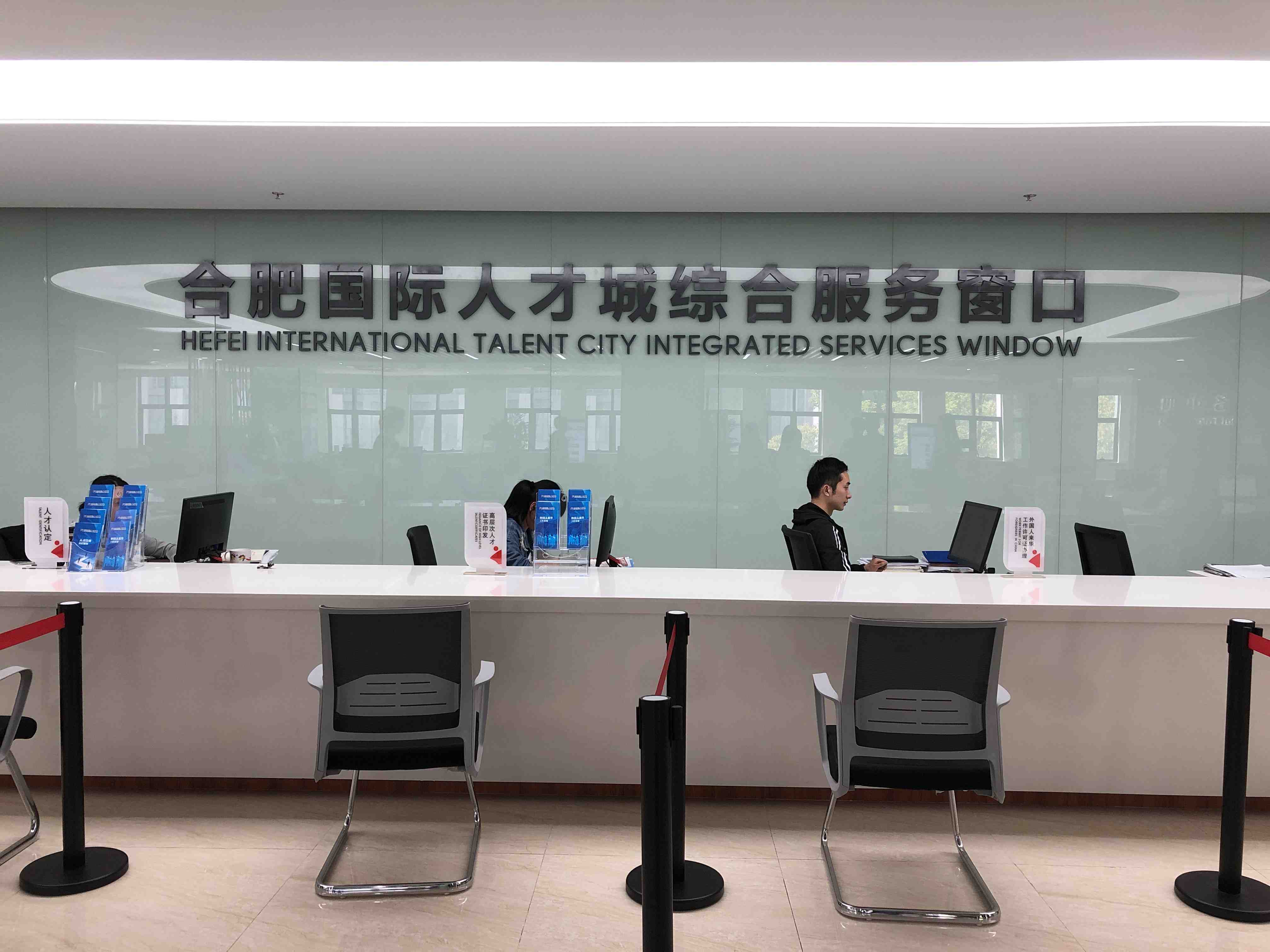
The integrated services window at Hefei International Talent City. /CGTN Photo
The integrated services window at Hefei International Talent City. /CGTN Photo
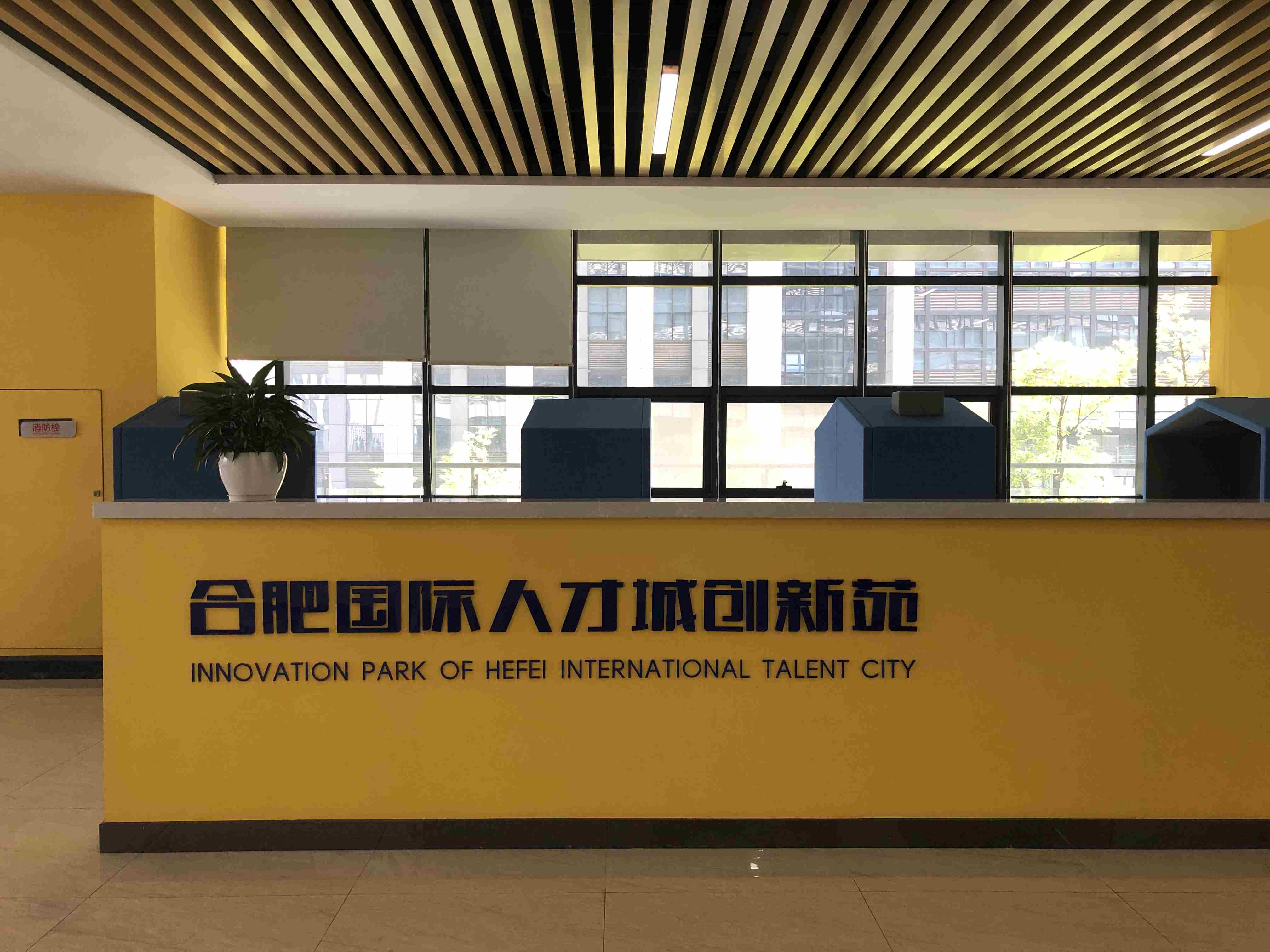
The innovation park at Hefei International Talent City. /CGTN Photo
The innovation park at Hefei International Talent City. /CGTN Photo
In October last year, Hefei International Talent City, a talent service complex aspired to provide "one-stop" service and innovation platform for elite personnel home and abroad was put into operation in the city's National High-tech Industry Development Zone in an attempt to further draw talents worldwide.
Besides, infrastructures designed to make foreign staff feel more at home have also sprung up all over the city in line with the government efforts to attract foreign talents through boosting its soft power”.
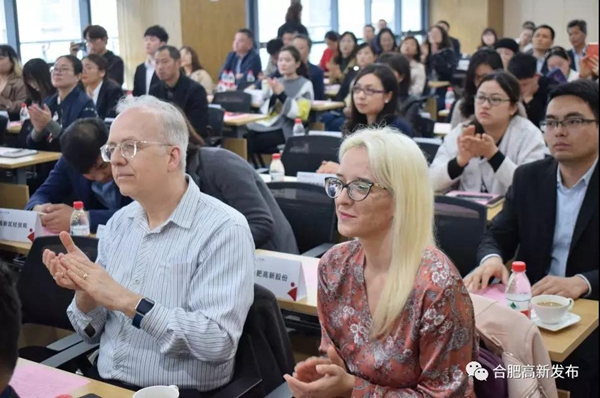
Foreign experts attend the inauguration ceremony for an innovation and entrepreneurship base at Hefei International Talent City. /Photo from the official WeChat account of the National High-tech Industry Development Zone
Foreign experts attend the inauguration ceremony for an innovation and entrepreneurship base at Hefei International Talent City. /Photo from the official WeChat account of the National High-tech Industry Development Zone
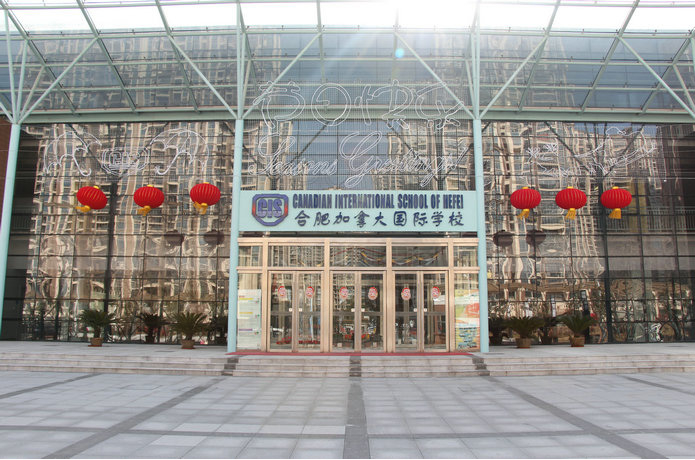
The Canadian International School of Hefei. /Photo from the official website of the school
The Canadian International School of Hefei. /Photo from the official website of the school
Last June, a 24-hour bookstore for foreign experts, the first of its kind in the country, opened in Hefei's downtown area. Supporting living facilities including international schools, apartments, and hospitals with special access to foreigners have been built or under construction as well to make their life in the city easier.
Statistics from the city's authorities show that the amount of expat talents in Hefei has been on a rise with over 5,000 foreigners applying for visas and other registrations in the city in 2018, an increase of six percent from last year, local media reported.
Tech Boost is a subsection of CGTN' s special coverage "70 Years Thriving," which showcases China's development in science and technology in the last 70 years by visiting major industries and facilities in the country, and sharing the stories of frontline researchers.














